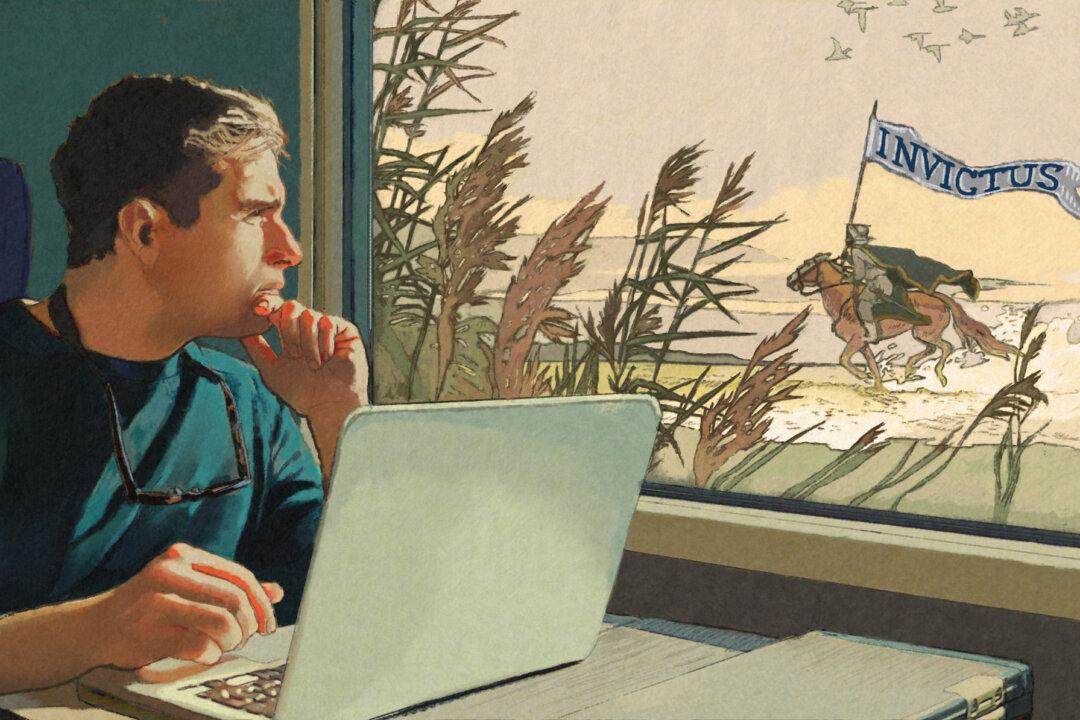Despair can be a killer. As an example, drug overdose deaths in the United States increased by 25 percent from May 2020 through April 2021, sending more than 100,000 Americans to the grave. Whatever sparked this rise in casualties, we can rest assured that most of those who died were living without confidence or faith in the future.
On a much broader scale, despair and its first cousin, depression, can also gun down the human spirit. A job lost, a marriage broken, a loved one’s death—these and other tragedies can cause us to lose heart, become despondent, and surrender all hope. Those buried in that darkness often want to sleep 24/7. Some give up on personal hygiene. Others turn off their phones and feel so isolated and lost that even a trip to the grocery store or the library becomes a near-insurmountable Everest of effort.






